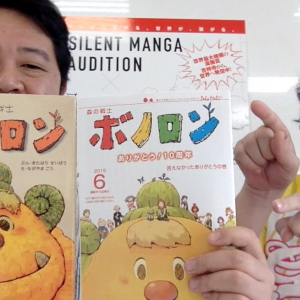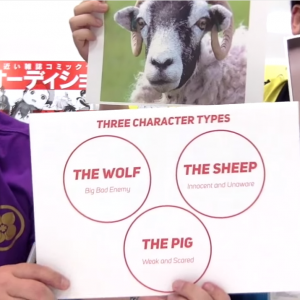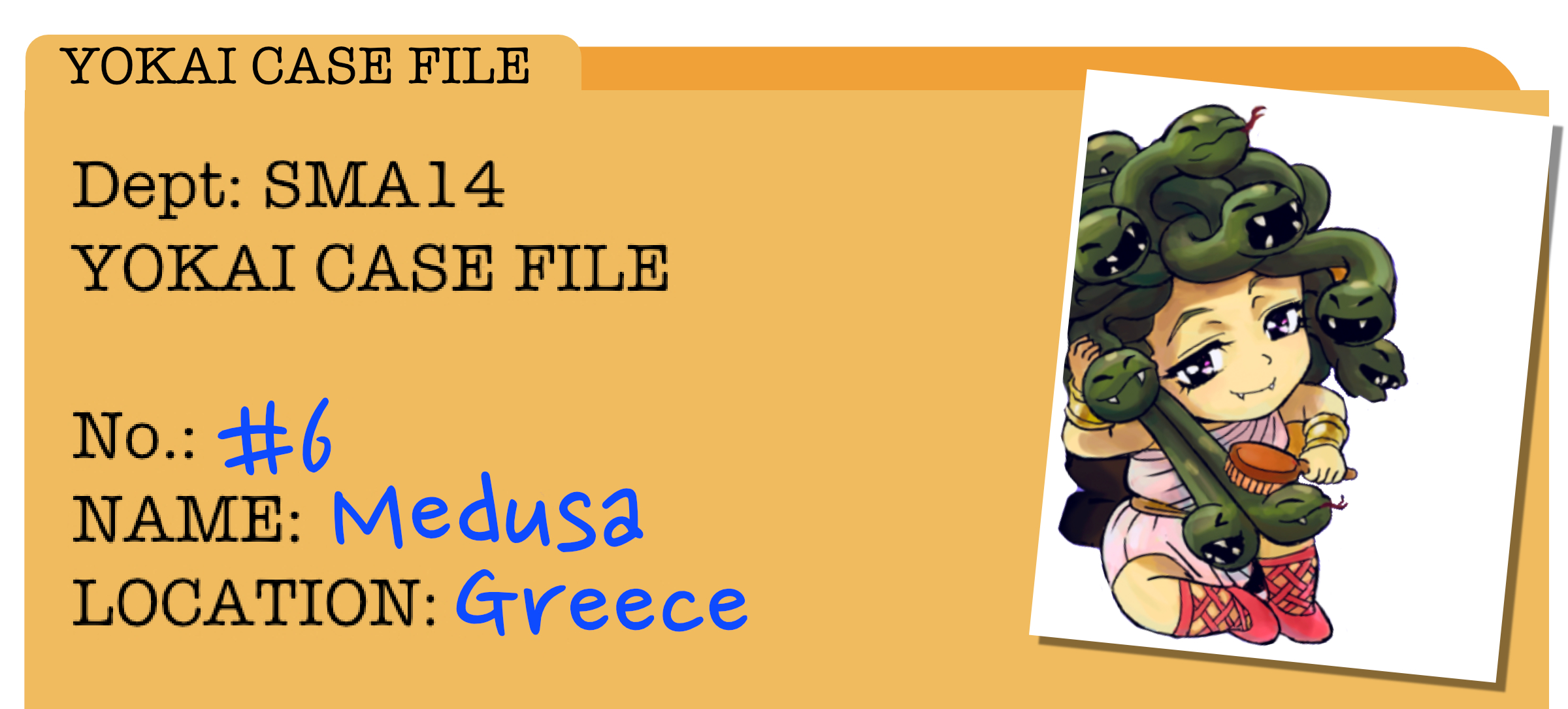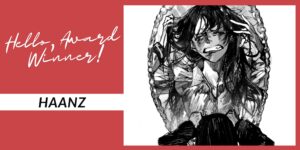
SMA13-UNESCO Round Case Studies #5: Digital Gender Bias
Addressing gender-based bias in the digital sphere…
Imagine being written out of history for a single reason… your gender. In the digital age, we have more information available at our fingertips than ever before. Yet that wealth of data contains deep and fundamental biases, with one of the most important being the exclusion of the life experiences and achievements of women from the historical narrative.

Hypatia of Alexandria was a 4th Century Hellenistic Neoplatonist philosopher, astronomer, and mathematician whose story is mostly unknown in modern times. (Hypatia of Alexandria by Julius Kronberg, 1889)
While gender bias is particularly visible in the digital sphere, the problem is as old as history. In just one example in Thailand, Khunying Yai Damrongthammasan’s remarkable achievements as a devout practitioner of Dhamma Buddhist teachings were largely ignored by the history books – indeed, it was widely assumed until recently that the noted Buddhist text she wrote was in fact, authored by a man. Not only was she written out of history, but her own writings were attributed to another!

Khunying Yai Damrongthammasan
Such deletions from history have real-world implications, not only on the views of girls and women themselves, but for everyone in understanding the experiences and contributions made by women around the world. In the absence of such narratives, we also see online hate directed towards women that further stifle their voices. Without understanding women’s contributions to society, we fail to understand our communities or even ourselves.
Online, the scale of the problem is clear. Only 17% of profiles on Wikipedia are of women, showing an incredibly lopsided worldview. UNESCO, along with the Wikimedia Foundation are working to address this imbalance with the #Wiki4Women initiative by encouraging writers and researchers to explore the untold stories and achievements of women and multi-lingually document them online.
In the Asia-Pacific, the results have been remarkable, bringing to light the real-life stories of human-rights heroes, scientific geniuses, investigative journalists… pioneering women who have made vital contributions in literally every field and walk of life.

Marie Skłodowska Curie in her laboratory. Curie showed strength of character and determination in overcoming the challenges of being a female scientist.
Just as history is generally filtered through a male-dominated lens, current events often privilege men’s points of view. Until recently, it was far too common for news media to only feature male experts and commentators, while ignoring very qualified women because of unconscious bias.
To counter this, the “Women Make the News” project encourages gender equality and representation in the media by providing journalists with contacts for women experts who can make important contributions to the debate. The project also champions policy that advocates for gender-equal representation.
Gender equality is a fundamental human right, a building block of social justice and sustainable development. Women’s experiences, voices, viewpoints and achievements are essential, not only for fairness, but for all of us to better understand our histories and the world around us in our shared goal for universal peace.
RESOURCES:- Tackling online gender bias
- Women Make the News 2019
- How can journalists foster gender equality in the media?
PENMARU’s TIP!Equality equals justice… a very powerful theme in manga! With more and more women fighting for recognition for their amazing contributions to society, from computer programming to war reporting, a manga showing this struggle for justice will be as exciting as it is important!”
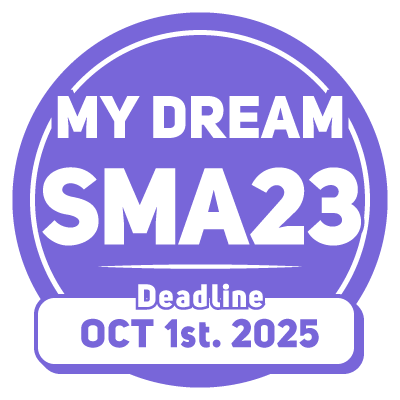




 Equality equals justice… a very powerful theme in manga! With more and more women fighting for recognition for their amazing contributions to society, from computer programming to war reporting, a manga showing this struggle for justice will be as exciting as it is important!”
Equality equals justice… a very powerful theme in manga! With more and more women fighting for recognition for their amazing contributions to society, from computer programming to war reporting, a manga showing this struggle for justice will be as exciting as it is important!”